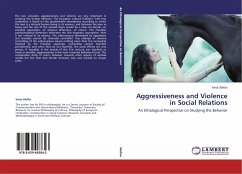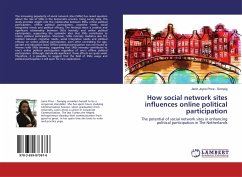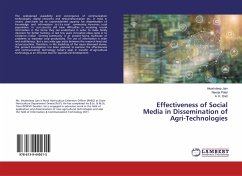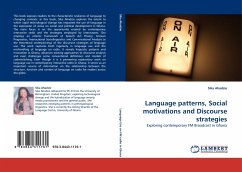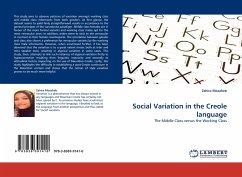The two concepts: aggressiveness and violence are very important in studying the human behavior. The European cultural tradition, with few exceptions, is based on the questionable assumptions according to which the man is a rational human being in its essence, and between the man as being and the rest of the animals there would be a clear-cut border, an essential separation, an obvious difference, of nature. The Freudian psychoanalytical dimension eliminates the first dogmatic assumption. Man is not rational in its essence. The subconscious dominated by aggression and sexuality cannot be rationally controlled. Any attempt of rational controlling of the subconscious means nothing more than the censorship imposed by the Freudian superego. Censorship cannot manifest permanently, and when they do not manifest, the social effects are very serious. If sexuality, in the society of the 21st century, can manifest as freely as possible, aggressiveness is the most censored behavioral form. The comparative study of man's behavior towards other species of animals reveals the fact that that border between man and animals no longer exists.
